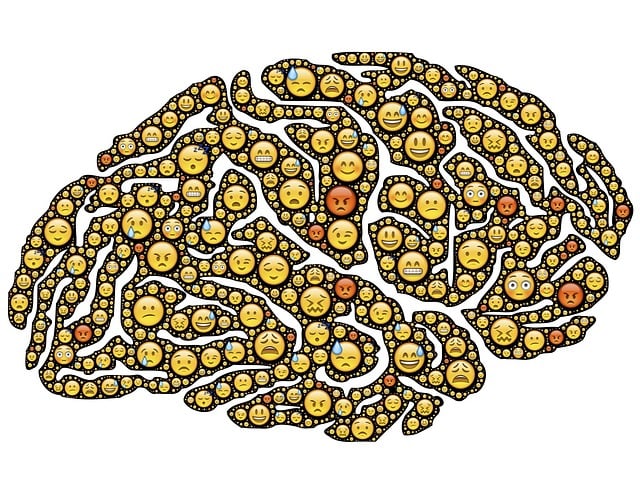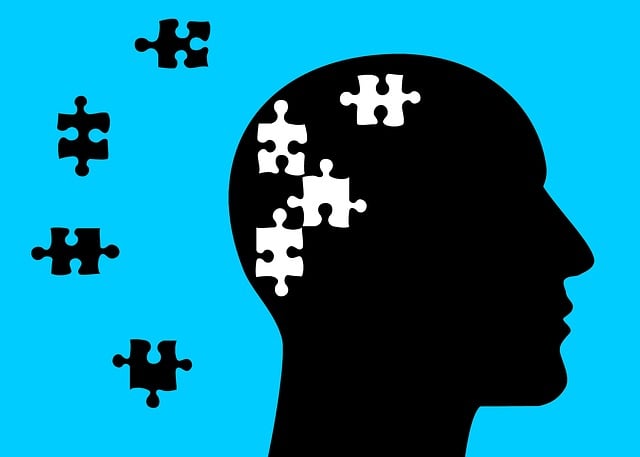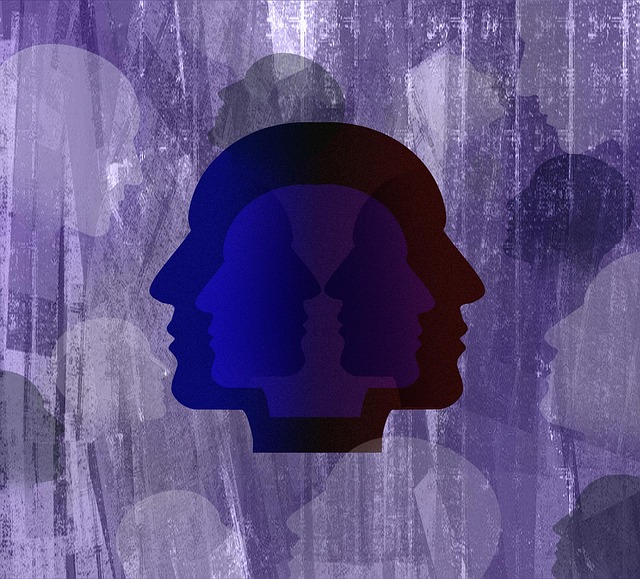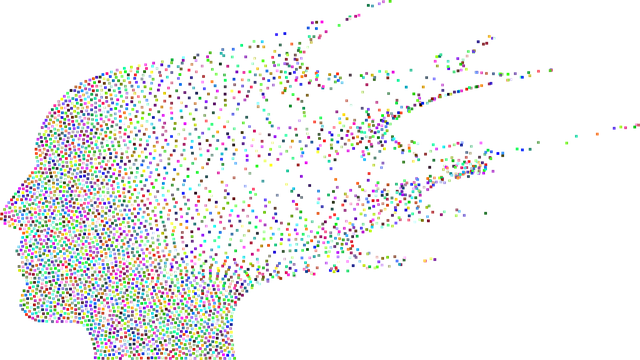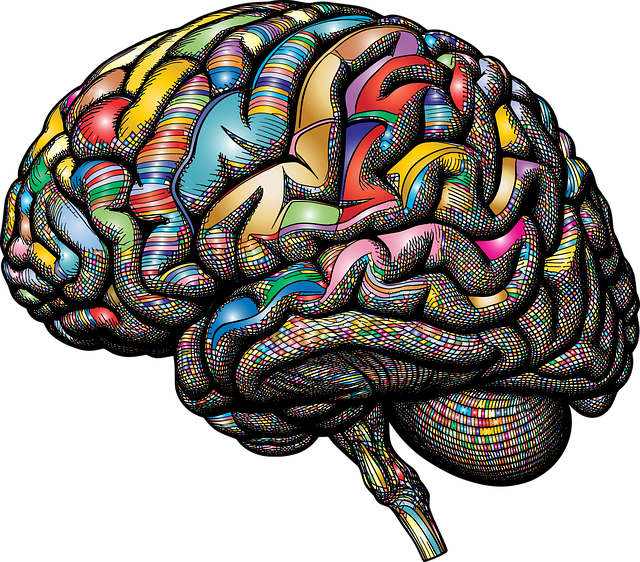Social Skills Training (SST) is a tailored therapy focusing on communication, emotional regulation, and social behavior development for young children and first responders, addressing both mental illness symptoms and underlying social challenges. Models like cognitive-behavioral therapy (CBT), mindfulness interventions, and peer support groups enhance coping strategies, emotional intelligence, and community connection. SST proves effective for various conditions, such as autism spectrum disorder and PTSD, improving confidence, relationships, self-esteem, and symptom management. It fosters resilience and builds strong community support systems crucial for mental health policy advocacy.
Social skills training is a powerful tool in supporting individuals with mental health conditions, offering a comprehensive approach to enhancing social interactions. This article explores various aspects of this therapeutic intervention. We begin by unraveling the fundamentals of social skills training and its significance for young children. Subsequently, we delve into specific strategies tailored for first responders, addressing unique challenges they face. Furthermore, we examine long-term benefits, emphasizing the role of community support in fostering resilience among participants.
- Understanding Social Skills Training: A Comprehensive Approach for Young Children
- The Role of Therapy in Fostering Social Connections for First Responders
- Effective Strategies: Tailoring Social Skills Training to Specific Mental Health Conditions
- Building Resilience and Community Support: Long-Term Benefits for Participants
Understanding Social Skills Training: A Comprehensive Approach for Young Children

Social Skills Training (SST) is a comprehensive approach designed to help young children develop and enhance their social abilities. This therapy for young children focuses on teaching essential skills like communication, emotional regulation, and appropriate social behaviors, which are crucial for their overall well-being and successful integration into society. SST often involves interactive activities, role-playing, and group discussions tailored to each child’s unique needs.
For first responders and mental health professionals, integrating stress reduction methods into SST can be transformative. By combining these techniques with cultural sensitivity in mental healthcare practice, therapists can create a supportive environment that addresses not just the symptoms of mental illness but also the underlying social challenges. This holistic approach not only fosters positive interactions but also contributes to stigma reduction efforts within the community.
The Role of Therapy in Fostering Social Connections for First Responders

For first responders, such as police officers and firefighters, the demands of their jobs can lead to isolation and hinder their ability to form meaningful social connections. This is where therapy plays a pivotal role in fostering social skills and enhancing mental wellness. Professional counseling offers a safe space for these individuals to process traumatic experiences, develop coping strategies, and learn effective communication techniques. Through evidence-based therapeutic approaches, therapists can help first responders build resilience, improve their emotional intelligence, and cultivate healthier interpersonal relationships.
Specific therapy models, such as cognitive-behavioral therapy (CBT) and mindfulness-based interventions, have proven beneficial in teaching conflict resolution skills and promoting social engagement. CBT equips individuals with tools to challenge negative thought patterns and behaviors, thereby improving their interactions with peers and community members. Moreover, integrating mental wellness coaching programs and community outreach initiatives can further support first responders’ social development. These programs often include peer support groups, where they can share experiences, offer encouragement, and learn from one another, fostering a sense of belonging and connection within their own communities.
Effective Strategies: Tailoring Social Skills Training to Specific Mental Health Conditions

Social Skills Training (SST) is a powerful tool that can significantly benefit individuals with various mental health conditions. When tailored to specific disorders, SST becomes even more effective. For instance, in the case of therapy for young children with autism spectrum disorder (ASD), role-playing and visual aids can help them navigate social interactions more comfortably. On the other hand, first responders dealing with post-traumatic stress disorder (PTSD) may benefit from exposure therapy techniques combined with group discussions to process traumatic memories while learning new coping strategies.
The public awareness campaigns and development of evidence-based SST programs play a crucial role in helping mental health professionals, including therapists and counselors, identify the most suitable strategies for each client’s unique needs. This personalized approach not only enhances the effectiveness of therapy but also fosters a sense of confidence among participants. By understanding their condition and learning age-appropriate social skills, individuals with mental health challenges can improve their relationships, boost their self-esteem, and better manage their symptoms in various settings.
Building Resilience and Community Support: Long-Term Benefits for Participants

Social skills training plays a pivotal role in building resilience among individuals dealing with mental health conditions. By fostering meaningful connections and teaching effective communication strategies, these programs empower participants to navigate social interactions with confidence. This, in turn, enhances their overall well-being and promotes a sense of belonging within their communities.
For young children and first responders, who often face unique challenges related to trauma or stress, targeted social skills training can be transformative. It equips them with coping skills development tools that go beyond traditional therapy for mental health conditions. Through these programs, they learn to manage emotions, resolve conflicts, and seek support, all of which contribute to long-lasting positive outcomes. Moreover, a strong community support system emerges as a result, offering ongoing encouragement and advocacy, crucial elements in any Mental Health Policy Analysis and Advocacy effort aimed at Depression Prevention.
Social skills training, when tailored to individual needs, offers a powerful tool for enhancing mental health and fostering community support. From early intervention in therapy for young children to specialized programs for first responders, this comprehensive approach can significantly improve social connections and resilience. By understanding the unique challenges of specific mental health conditions, professionals can design effective strategies that promote long-term benefits, ensuring individuals feel more comfortable and confident interacting with others. This holistic approach to care is a game-changer, empowering those facing mental health issues to navigate social environments successfully.
